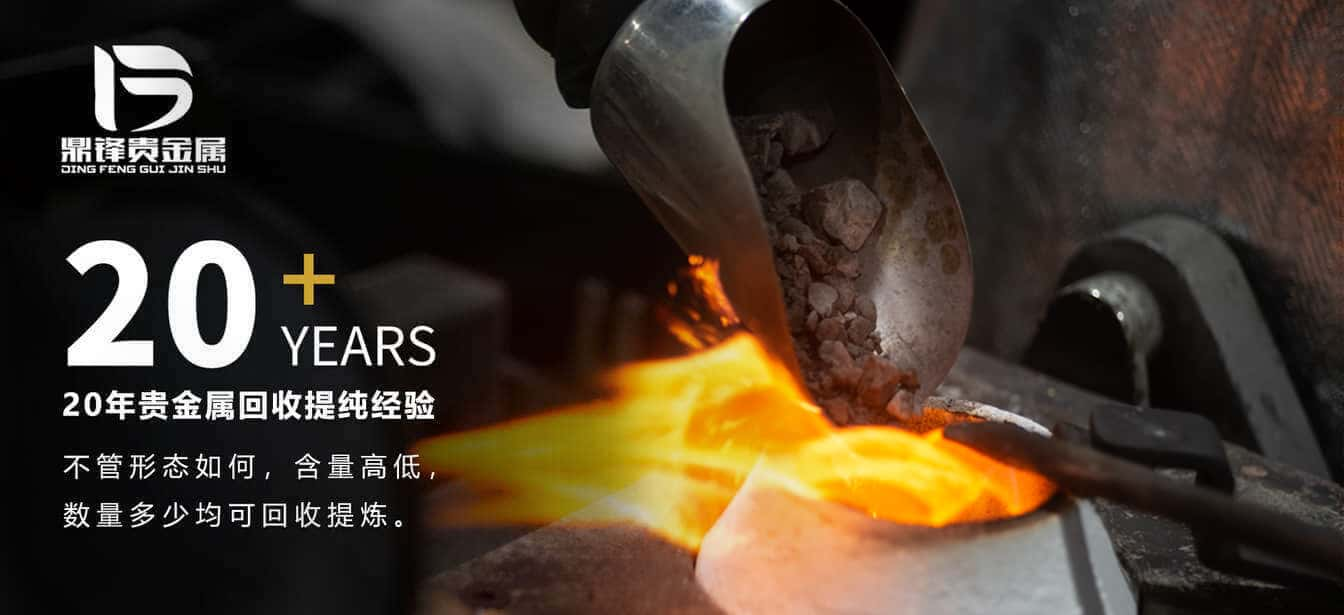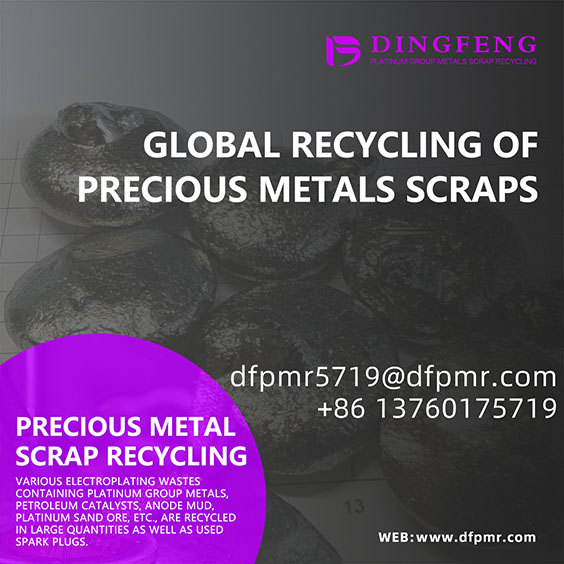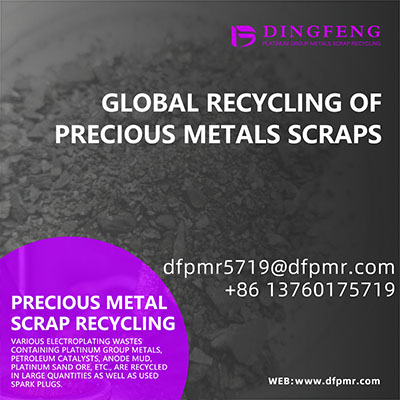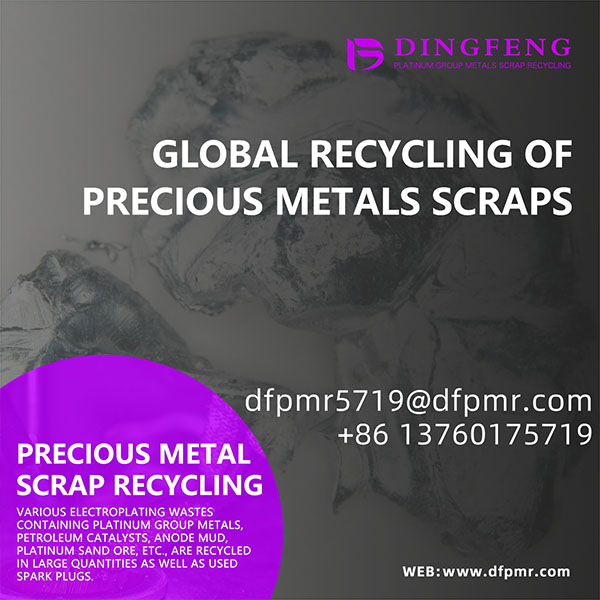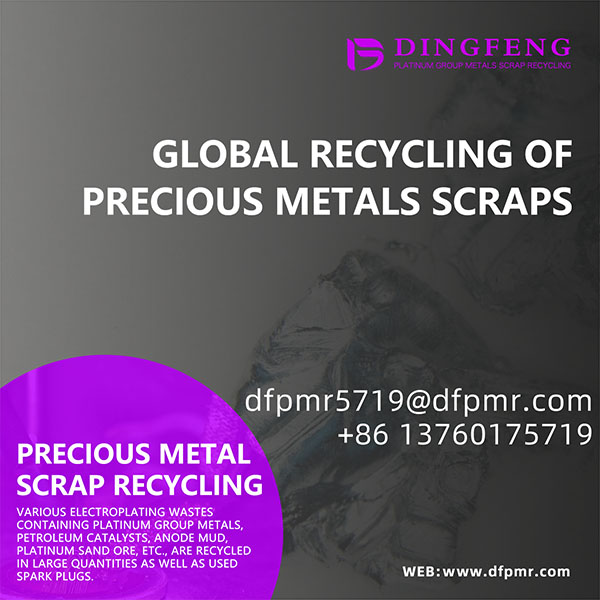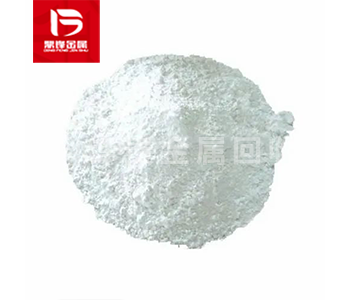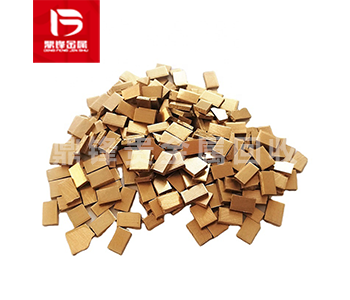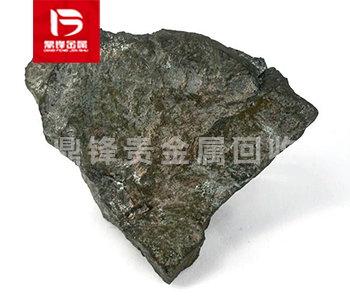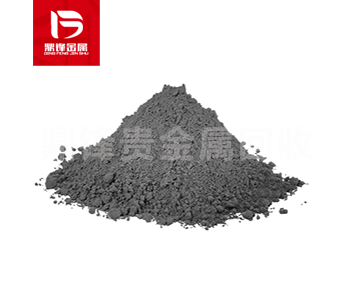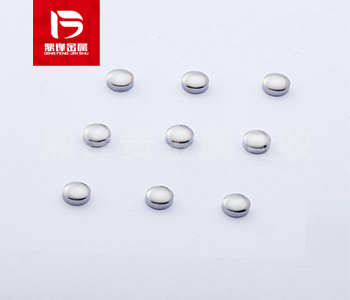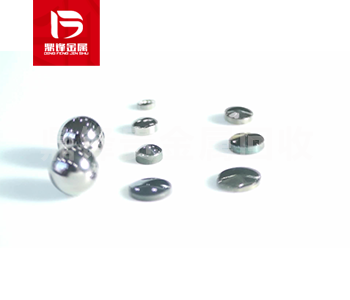Germanium mud recycling: a new opportunity for rare metal waste
With the rapid development of technology, rare metal materials are playing an increasingly important role in various industries. However, this has also led to the generation of a large amount of rare
With the rapid development of technology, rare metal materials are playing an increasingly important role in various industries. However, this has also led to the generation of a large amount of rare metal waste, which has caused great pressure on the environment. To solve this problem, we need to find an efficient and environmentally friendly method for recycling rare metal waste. In this article, we will explore the importance and methods of germanium mud recovery.
1、 Background of germanium mud recovery
Germanium is a rare metal element with excellent semiconductor properties, and has wide applications in high-tech fields such as fiber optic communication, solar cells, and infrared detectors. Due to its unique physical and chemical properties, the demand for germanium is increasing year by year, while its resources are relatively scarce. This makes the recovery of germanium mud a crucial task.
2、 Method for recovering germanium mud
1. Chemical leaching method: Chemical leaching method is a commonly used method for recovering metal waste. In the process of recovering germanium mud, the germanium mud is first mixed with specific chemical reagents, and the germanium is separated from other impurities through a reaction. Then, pure germanium is obtained through steps such as precipitation and filtration. This method is simple to operate and has a high recovery rate, but may generate a certain amount of chemical waste. 2. Fire smelting: Fire smelting is another method of recovering germanium mud, mainly using high-temperature smelting to achieve metal extraction. By melting and redox treatment of germanium mud, germanium is separated from impurities to obtain high-purity germanium products. This method has a higher cost, but the recovery effect is more ideal. 3. Biotechnology method: Biotechnology method is an emerging method for recycling metal waste. By utilizing microorganisms such as bacteria and fungi to adsorb germanium, the recovery of germanium can be achieved through the harvesting and treatment of the organisms. This method is environmentally friendly and sustainable, but it is still in the research stage and needs further improvement.
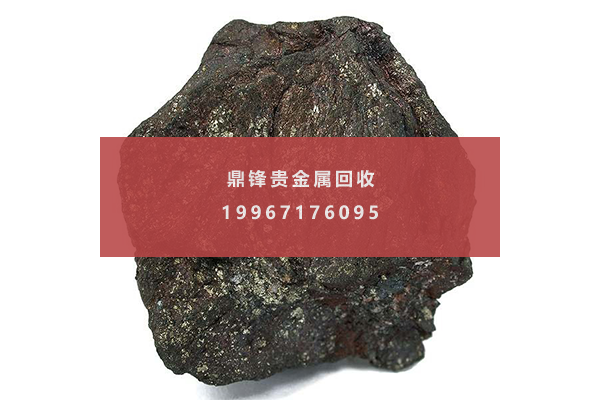
3、 The significance of germanium mud recovery
1. Resource reuse: By recycling germanium mud, the resource utilization rate of germanium can be significantly improved, reducing dependence on scarce resources, and providing more reliable sources of raw materials for related industries. This helps to ensure the security of national strategic resources and support the sustainable development of high-tech industries. 2. Environmental protection: Effective germanium mud recycling can reduce the pollution of metal waste to the environment and reduce the risk of environmental pollution such as soil and water sources. At the same time, environmentally friendly recycling methods such as biotechnology can also reduce chemical pollution during the recycling process and contribute to protecting the ecological environment. 3. Economic benefits: As the demand for germanium continues to rise, its price also gradually increases. Therefore, germanium mud recycling can not only save resources, but also create significant economic benefits for enterprises. In addition, developing the germanium mud recycling industry can also drive the development of related industrial chains, promote employment and socio-economic prosperity.
Germanium mud recovery is an engineering project with significant strategic significance. By using various recovery methods such as chemical leaching, pyrometallurgy, and biotechnology, we can achieve efficient and environmentally friendly recovery and utilization of germanium mud. This will help ensure the supply of germanium resources, promote environmental protection and economic development.
&Quot; Dingfeng Precious Metals Recycling includes precious metals such as gold, silver, palladium, rhodium, platinum, germanium, iridium, ruthenium, etc. This is our business in precious metal recycling. If you have precious metals such as gold, silver, palladium, rhodium, platinum, germanium, iridium, ruthenium that need to be recycled, please contact us and we will provide you with a satisfactory price& Quot;
